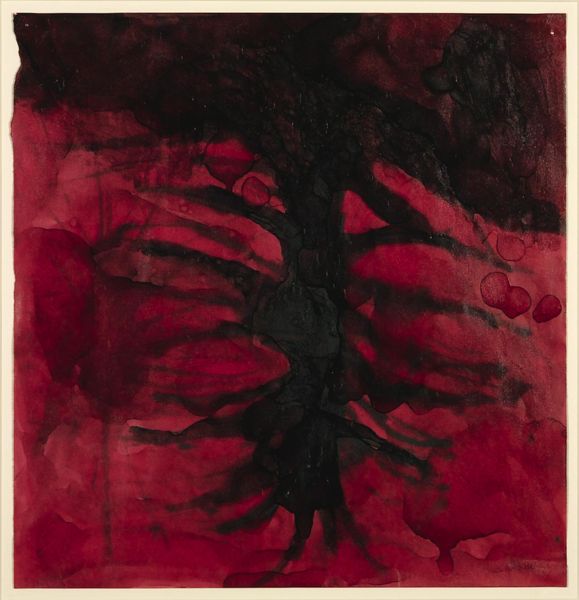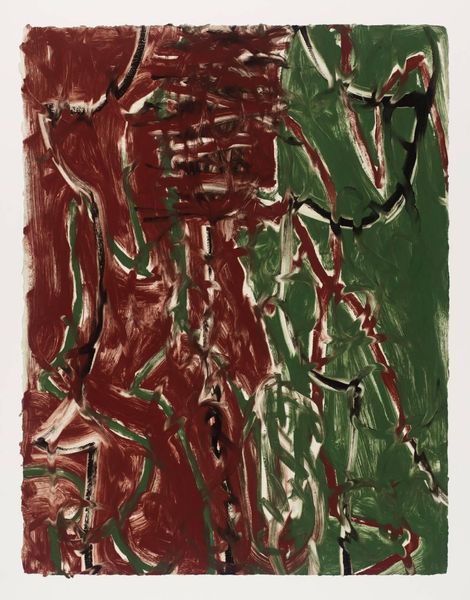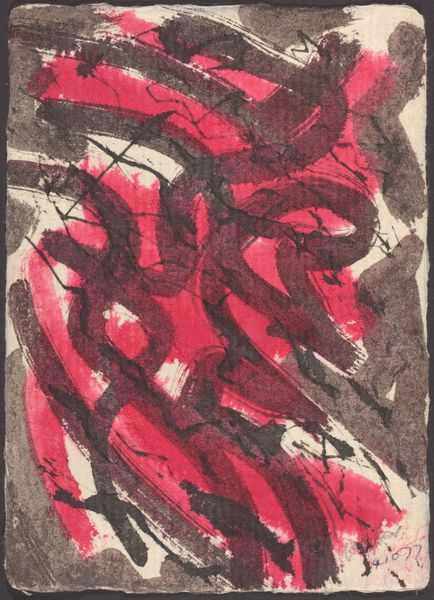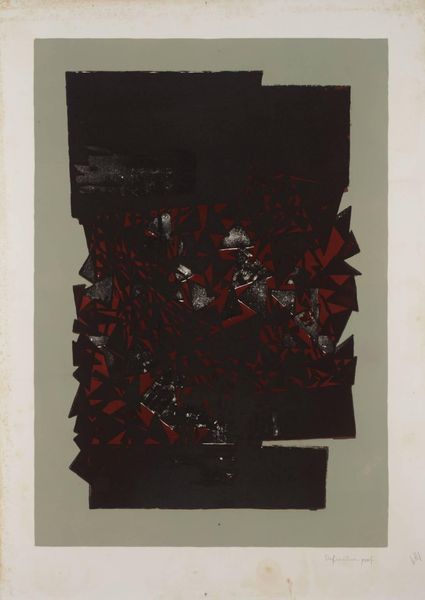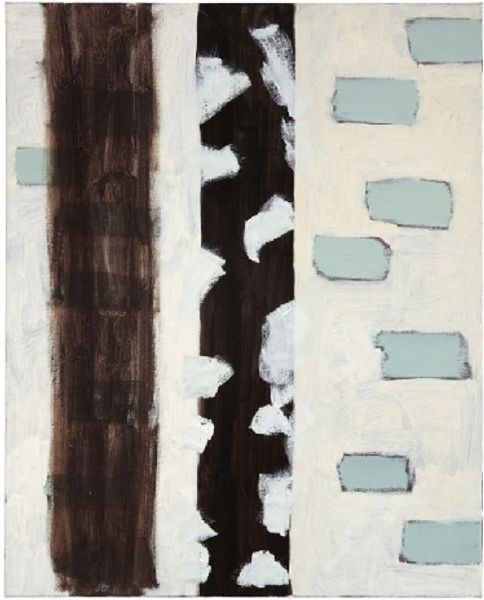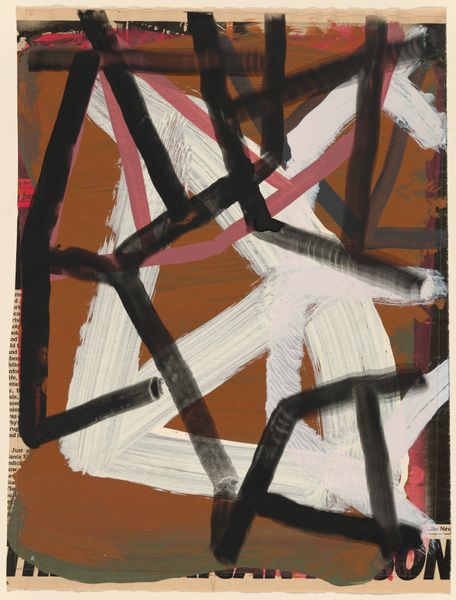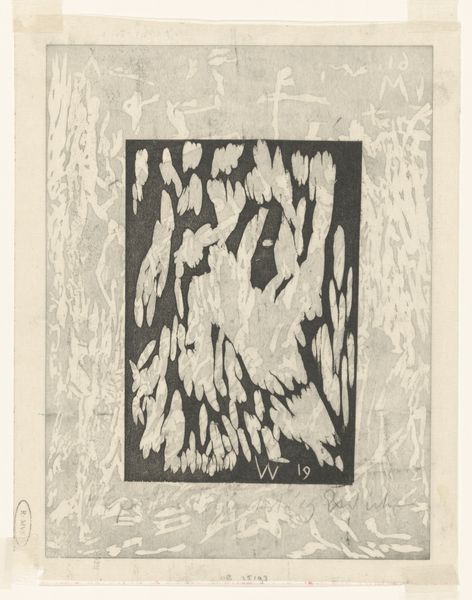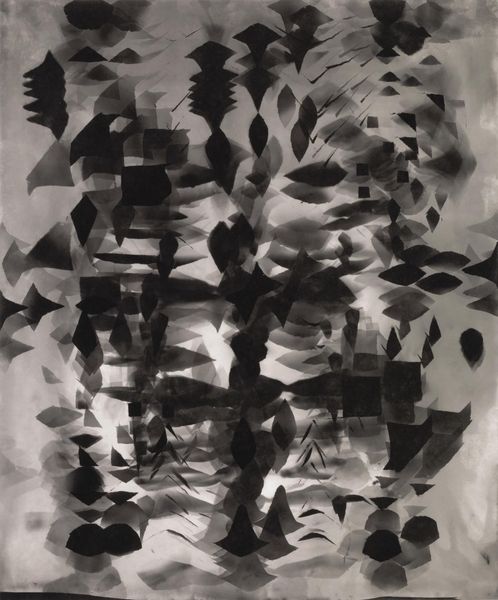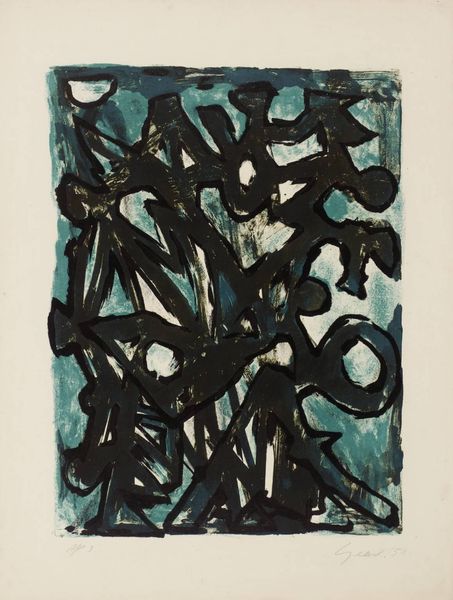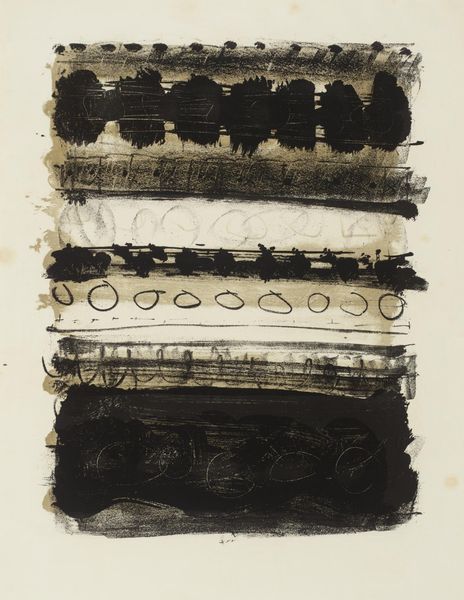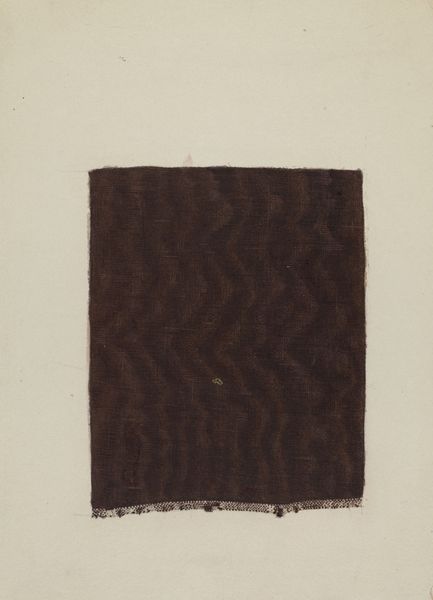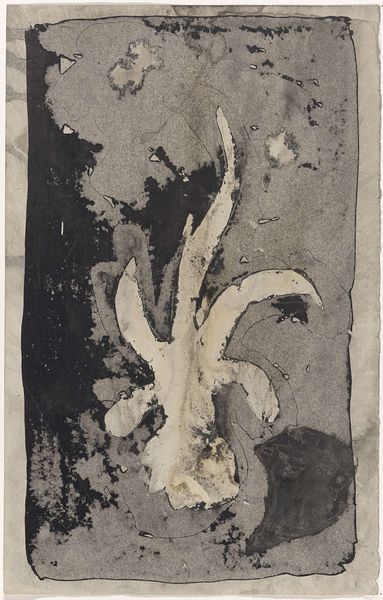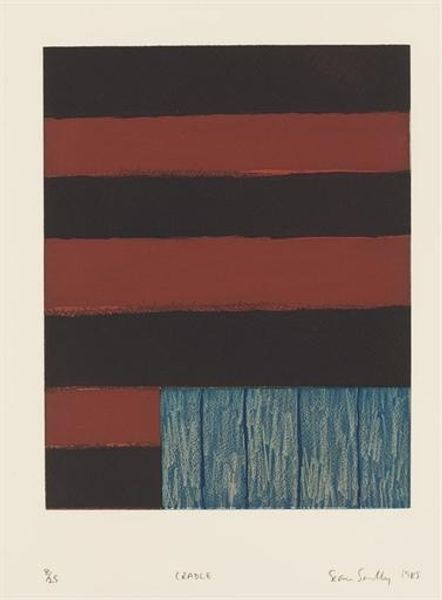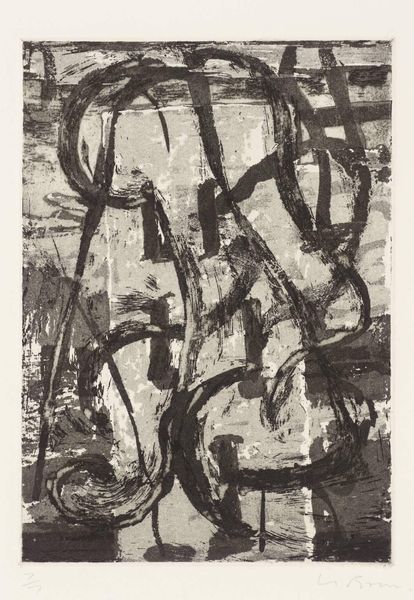
drawing, watercolor
#
17_20th-century
#
drawing
#
landscape
#
german-expressionism
#
watercolor
#
german
#
expressionism
#
watercolor
#
expressionist
Copyright: Public Domain
Christian Rohlfs created "Rotbraune Tanne" or "Red-Brown Fir" using watercolor. The piece presents a paradox common in art: how to represent something natural within the confines of an institution. Rohlfs, working in Germany, engaged with Expressionism, an artistic movement grappling with the rapid social and technological changes of the early 20th century. This movement explored subjective emotional responses to the world. His choice of a solitary fir tree set against a blanched landscape invites us to consider the cultural associations of nature in Germany. From Romanticism onwards, the forest was a place of both spiritual retreat and nationalistic sentiment. The tree itself could be seen as a symbol of resilience. When interpreting works such as these, art historians consult exhibition reviews, artists’ letters, and the broader intellectual history of the period. These resources help us understand how Rohlfs both participated in and challenged the artistic conventions of his time. The meaning of this work is highly contingent to the culture of its time.
Comments
No comments
Be the first to comment and join the conversation on the ultimate creative platform.
